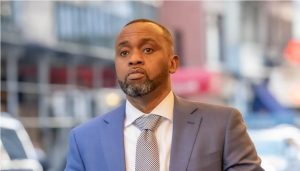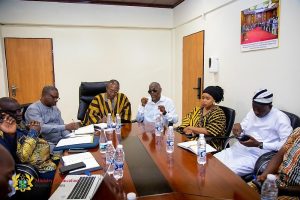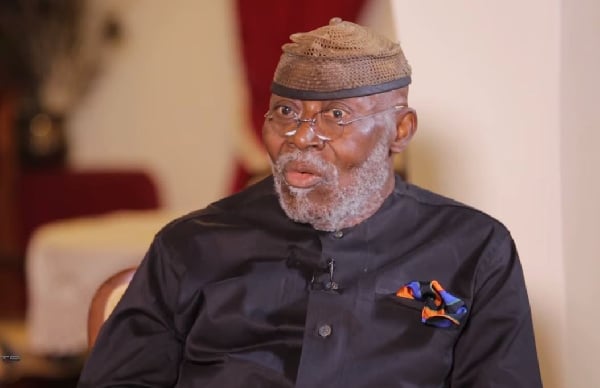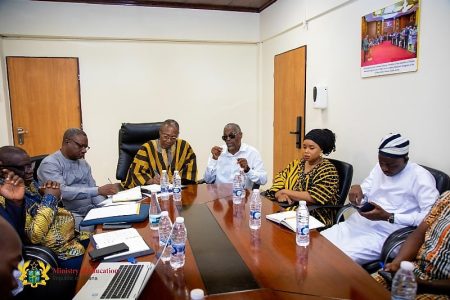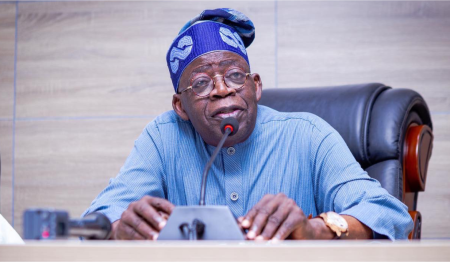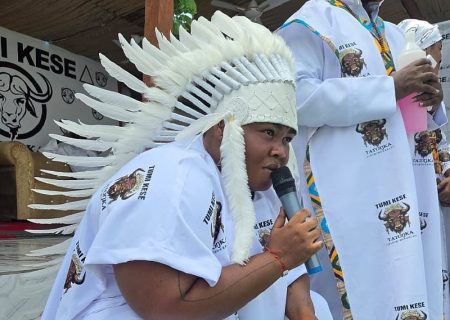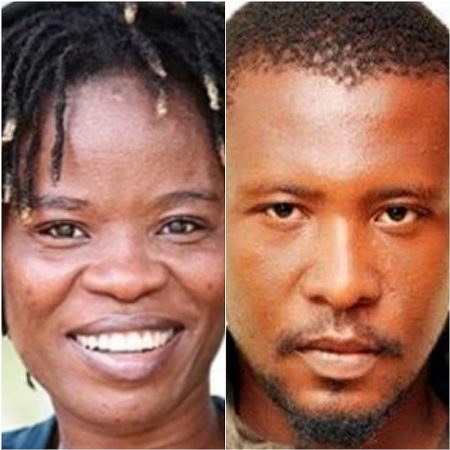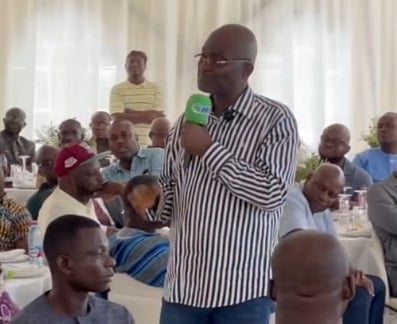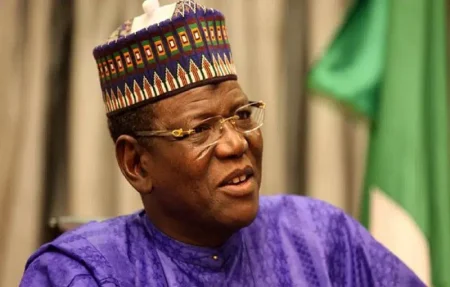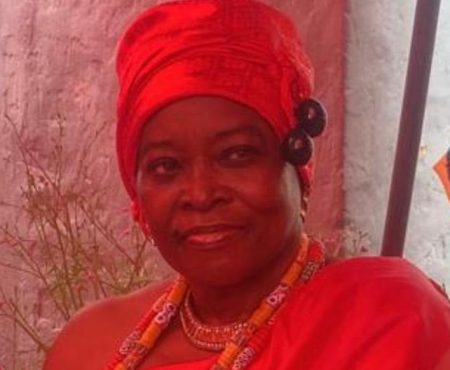Dr. Nyaho Nyaho Tamakloe, a founding member of the New Patriotic Party (NPP), has expressed sharp criticism of the party’s decision to hold a flagbearer election for the 2028 elections in January 2026, barely two years after their defeat in the 2024 presidential election. He argues that this decision is premature and lacks the necessary introspection required after a significant electoral loss. Dr. Tamakloe emphasizes the need for a thorough analysis of the factors that contributed to the NPP’s defeat, including a margin of 1.7 million votes, before embarking on the process of choosing a new leader. He suggests that rushing into a flagbearer election without such critical reflection is a strategic misstep that could further exacerbate existing issues within the party.
Central to Dr. Tamakloe’s critique is his suspicion that the expedited timeline for the flagbearer election is designed to favor a particular candidate, although he refrains from naming the individual. This perceived bias, he argues, undermines the integrity of the electoral process and disregards the concerns raised by other prominent figures within the NPP. He stresses the importance of a transparent and inclusive selection process that adheres strictly to the party’s constitution. This, he believes, is crucial for restoring the party’s credibility and rebuilding public trust after the disappointing 2024 election results.
Furthermore, Dr. Tamakloe places the blame for the NPP’s electoral defeat squarely on the current party leadership. He argues that the same leadership that steered the party to defeat cannot be entrusted with overseeing the selection of a new flagbearer. He contends that their involvement would compromise the integrity of the process and potentially perpetuate the very issues that led to the party’s loss. Instead, he advocates for a completely transparent and inclusive approach that involves all stakeholders within the party. This participatory process, he suggests, is the only way to ensure a fair and credible outcome that reflects the will of the party’s members and sets the stage for a successful campaign in 2028.
Dr. Tamakloe’s concerns highlight a deeper rift within the NPP. His call for introspection resonates with the need for the party to address underlying issues, potentially including internal divisions, campaign strategies, and public perception, before focusing on selecting a new leader. The rush to choose a flagbearer, he suggests, risks repeating past mistakes and further alienating party members who feel their voices are not being heard. A truly transparent and inclusive process, he emphasizes, is essential for rebuilding unity and trust within the NPP and positioning the party for a stronger performance in future elections.
Meanwhile, despite the internal debates and criticisms regarding the timing of the flagbearer election, several prominent figures within the NPP are already positioning themselves as potential contenders. This list includes prominent names such as former Assin Central MP Kennedy Agyapong, former Vice President Dr. Mahamudu Bawumia, former Education Minister Dr. Yaw Osei Adutwum, Abetifi MP Bryan Acheampong, and former General Secretary Kwabena Agyei Agyepong. The diverse range of potential candidates signifies the breadth of political perspectives within the NPP and underscores the high stakes of the upcoming flagbearer election. The contest is likely to be closely watched, both within the party and by the broader Ghanaian public, as it will significantly shape the NPP’s future direction and its prospects for regaining power in the 2028 elections.
The unfolding events within the NPP highlight the challenges faced by political parties in the aftermath of electoral defeat. The tension between the desire to move forward and the need for thorough self-reflection is a common dilemma. The NPP’s decision to hold a flagbearer election relatively soon after its loss illustrates this tension. While some argue that a swift transition is necessary to revitalize the party and prepare for the next electoral cycle, voices like Dr. Tamakloe’s emphasize the importance of pausing to critically examine the reasons for the defeat and address any underlying weaknesses before embarking on the process of choosing a new leader. This debate underscores the importance of balancing the need for renewal with the imperative of learning from past mistakes and ensuring a truly democratic and inclusive process for selecting the party’s future leadership.


